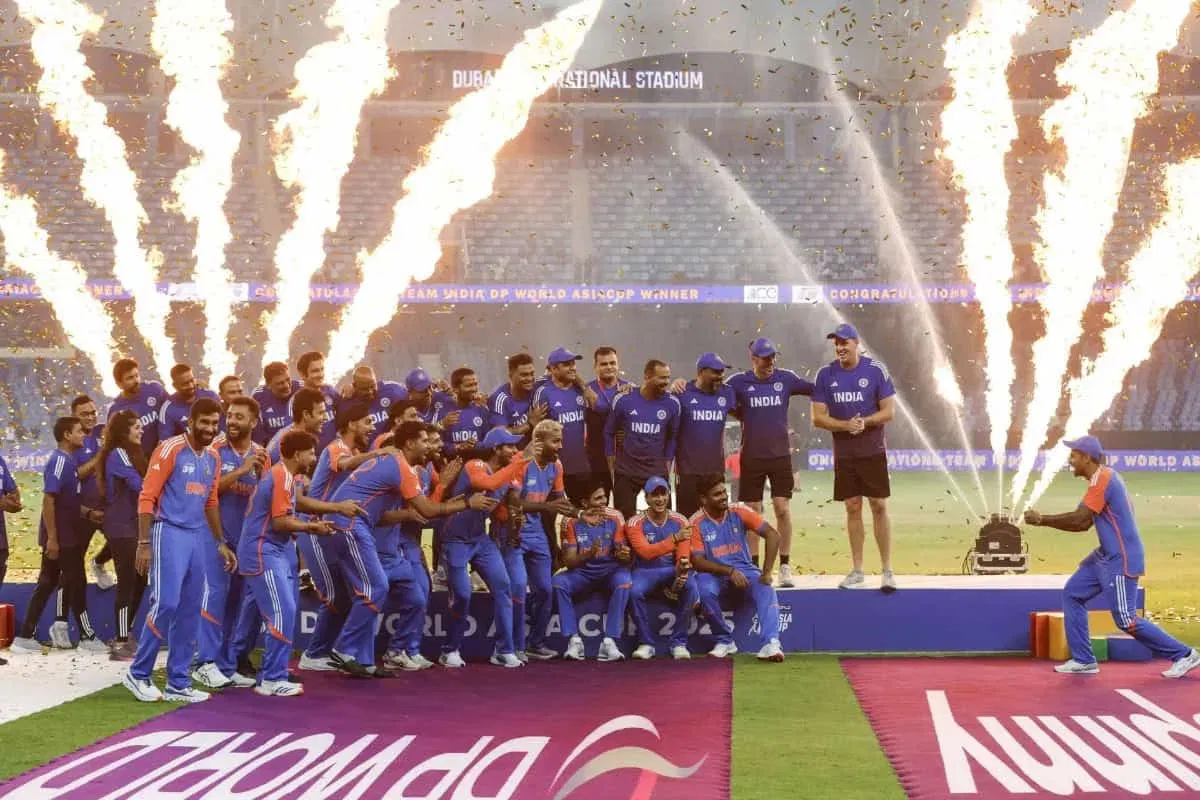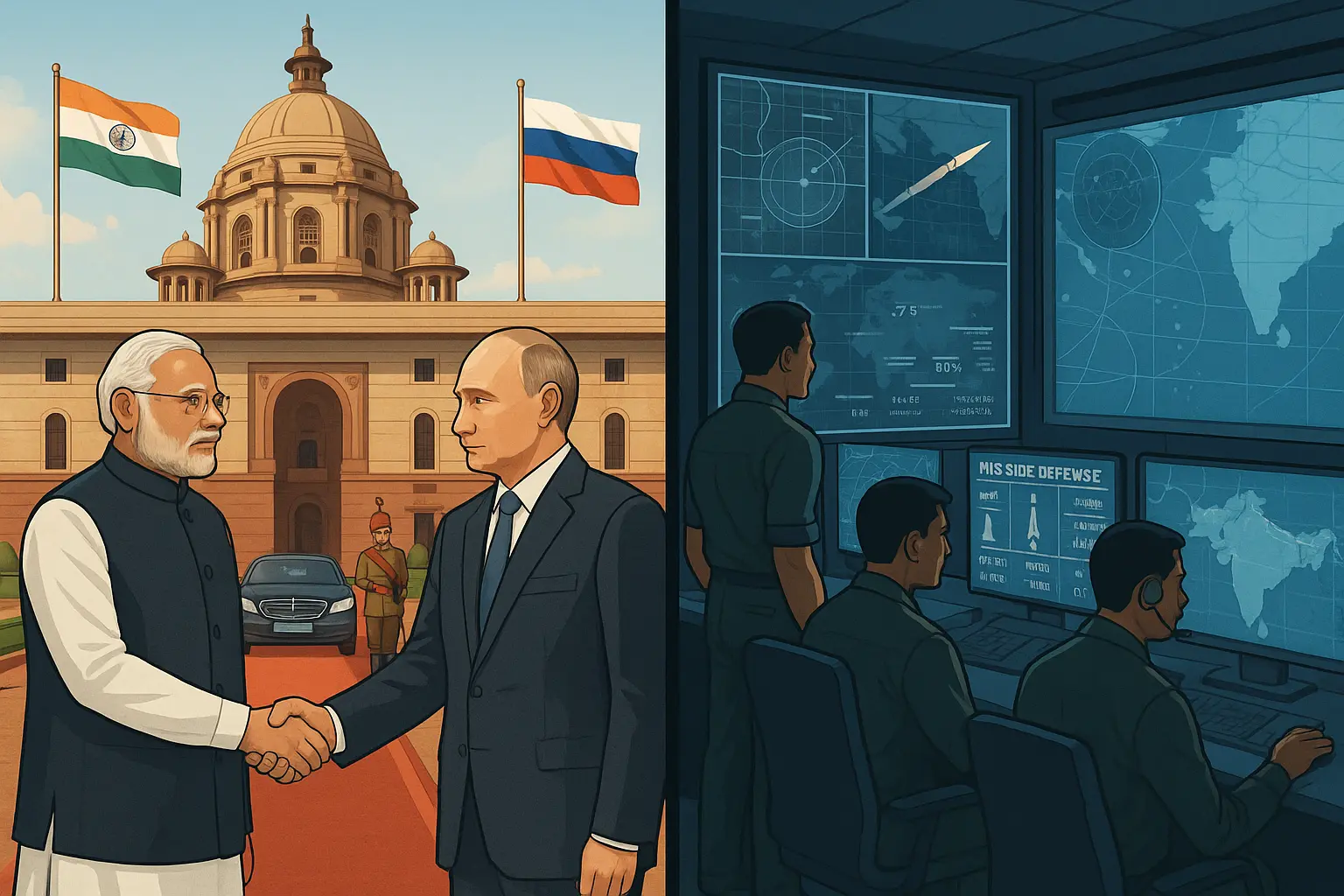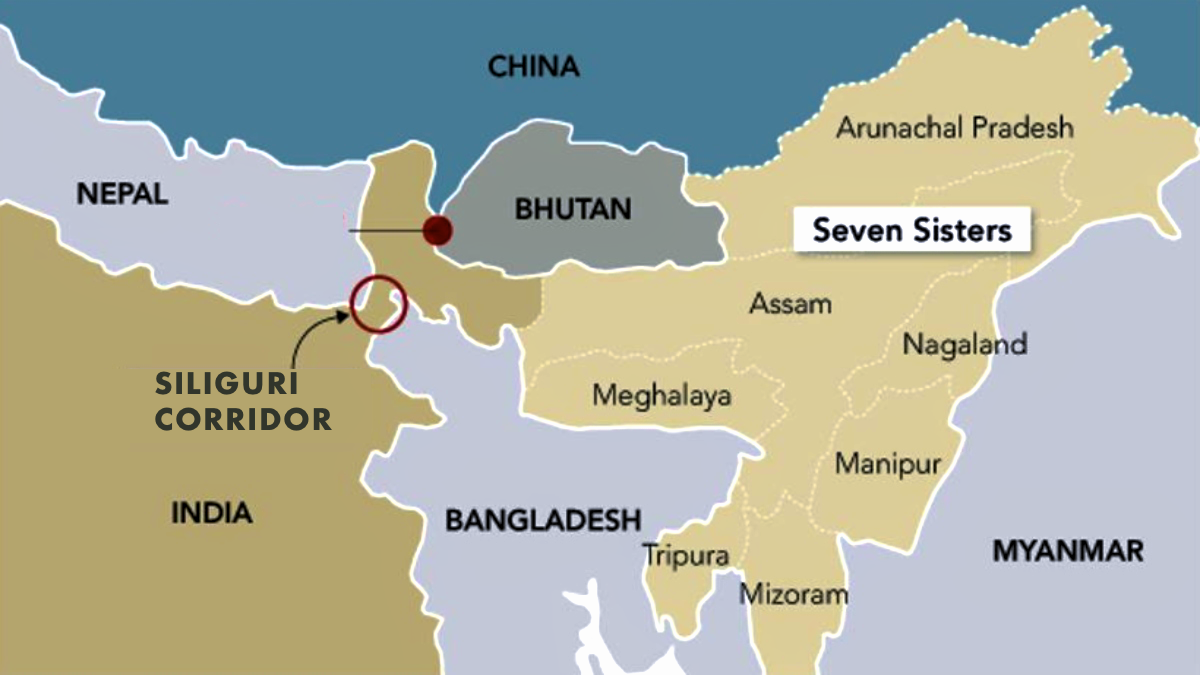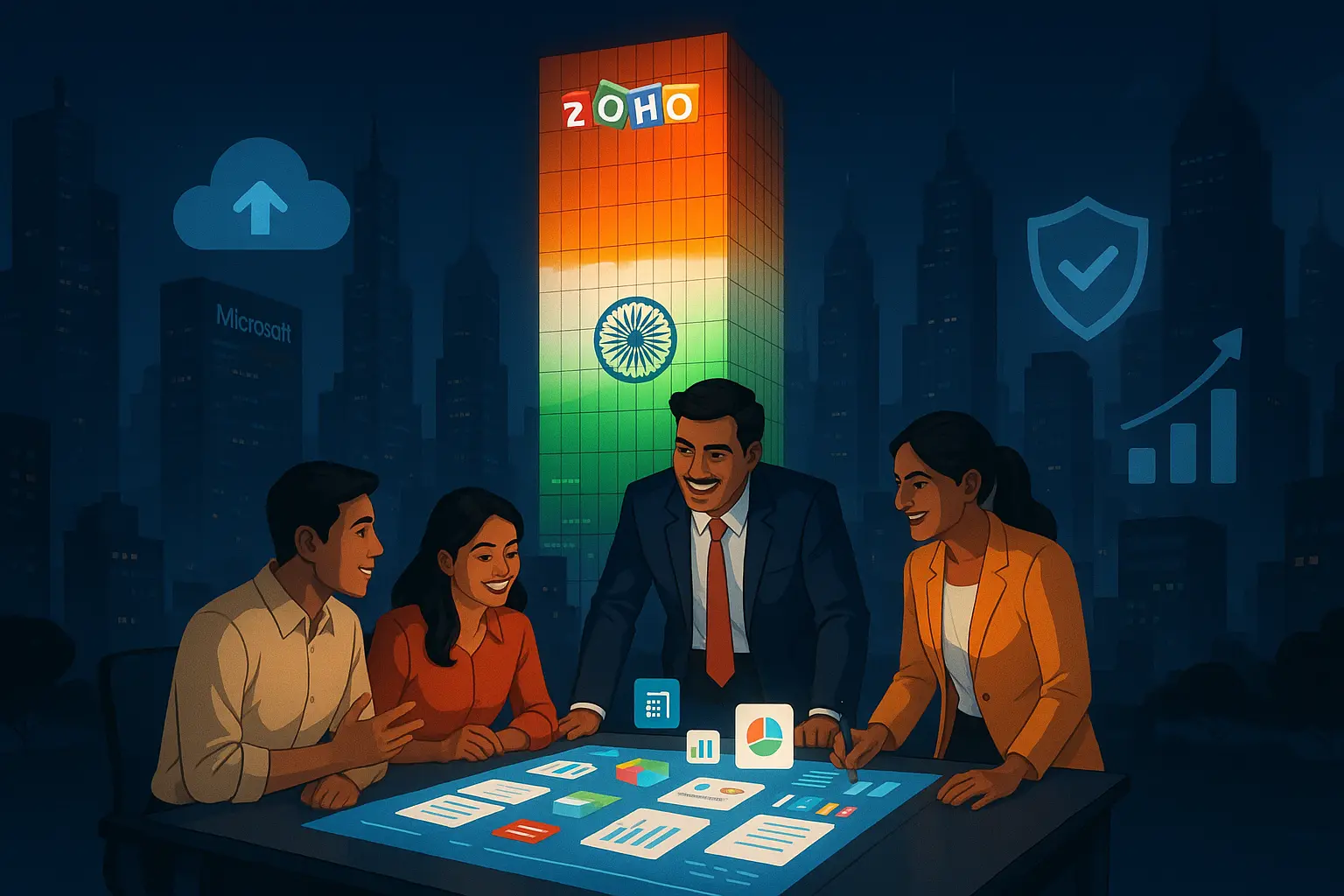Asia Cup Final 2025: India Wins, But Trophy Controversy Raises Questions

India registered a historic ninth Asia Cup title by defeating Pakistan in a thrilling final in Dubai. The game kept fans on the edge of their seats, but what followed overshadowed the victory. In an unprecedented turn of events, the winning team was not formally awarded the trophy. This disruption has raised questions about sports protocols, governance in the Asian Cricket Council (ACC), and the future of cricket diplomacy between India and Pakistan. Here’s a fact-based breakdown of what unfolded and why it matters.
India’s On-Field Victory
India won the toss and chose to field first. Pakistan started strong but collapsed dramatically, ending with a total of just 146 runs in under 20 overs. India faced pressure early after losing three wickets, but Tilak Varma steadied the innings with an unbeaten 69. India chased the target in 19.4 overs, winning by 5 wickets.
- Tilak Varma: Player of the Match (69* runs)
- Abhishek Sharma: Player of the Tournament for consistent all-round performance
This marked India’s ninth Asia Cup title, further strengthening its record as the most successful team in the tournament’s history.
What Went Wrong at the Presentation Ceremony?
Traditionally, the final includes a presentation ceremony where players collect medals, and the champions lift the trophy amid celebrations. But this time, the sequence broke down.
- Delay: The ceremony started late, with Pakistan’s team remaining in the dressing room for almost an hour.
- Conflict: The ACC President, Mohsin Naqvi — also Pakistan’s Interior Minister and PCB Chairman — was scheduled to hand the trophy to India.
- India’s Position: The BCCI had communicated beforehand that India would not accept the trophy directly from Naqvi due to his recent controversial behaviour.
As a result, the trophy handover was cancelled. Broadcaster Simon Doull even announced that India would not be collecting their awards. Later, the trophy and medals were reportedly removed from the venue.
The Role of Mohsin Naqvi
Mohsin Naqvi’s overlapping roles raised concerns. Apart from being PCB Chairman, he is also Pakistan’s Interior Minister and, currently, the ACC President. Such dual roles demand neutrality, especially in international tournaments.
Controversy deepened after Naqvi shared provocative social media posts, including AI-generated content mocking India. These actions further strained the situation, making India unwilling to receive the trophy from him.
India’s Response
Despite the absence of the physical trophy, the Indian players celebrated the victory. Fireworks went off, and players symbolically lifted an “invisible trophy.” Suryakumar Yadav, India’s captain, later said in the press conference:
“This is something I have never seen since I started playing and following cricket — that a champion team is denied a trophy. For me, the real trophies are the 14 guys in the dressing room plus the support staff.”
The BCCI announced a ₹21 crore cash prize for players and staff. Prime Minister Narendra Modi also congratulated the team, highlighting the nation’s pride in the win.
Also, Suryakumar Yadav announced he would donate his entire Asia Cup match fees to the Indian Armed Forces and also to support victims of the Pahalgam terror attack.
Larger Implications for Cricket
This incident raises key concerns beyond the final:
1. Governance Issues in ACC
- The neutrality of the ACC President is in question.
- Overlapping political roles risk undermining the council's credibility.
2. Impact on India-Pakistan Relations
- Cricket diplomacy has historically been fragile.
- This controversy may further reduce the chances of a bilateral series in the near future.
3. Future of Trophy Protocols
- Rarely has a champion team been denied the trophy.
- Calls for stricter international protocols to avoid such incidents.
Conclusion
India’s Asia Cup victory was clear on the field, but the post-match controversy has left lingering questions. Denying a champion team its trophy is almost unheard of in cricket and has sparked debates on governance, neutrality, and sportsmanship. While the players celebrated their win, the episode reflects how politics and cricket often intersect in South Asia. Moving forward, cricket bodies must ensure that external conflicts do not overshadow sporting achievements.
Disclaimer: This article is based on publicly available reports and independent analysis. Readers are encouraged to consult multiple sources for a complete picture.









No comments yet. Be the first to comment!